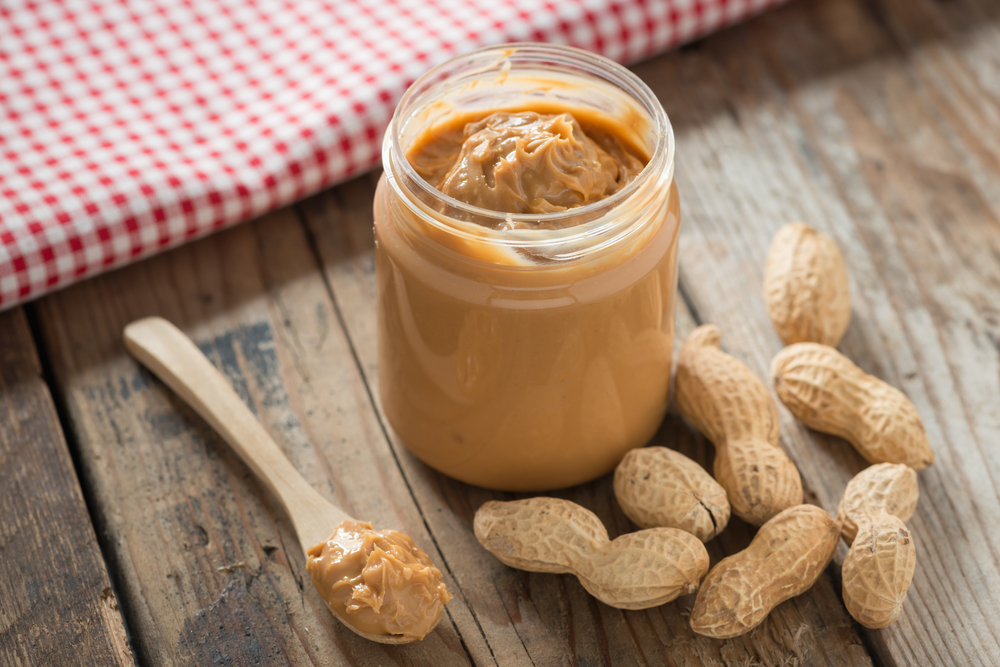
DBV Technologies announced topline results from the PEPITES (Peanut EPIT Efficacy and Safety) Phase III trial evaluating the safety and efficacy of Viaskin Peanut in children four to 11 years of age. Topline results show a statistically significant response with a favorable tolerability profile, with 35.3% of patients responding to Viaskin Peanut 250 µg after 12 months of treatment as compared to 13.6% of patients in the placebo arm (difference in response rates = 21.7%; p=0.00001; 95% CI = 12.4% – 29.8%). However, the primary endpoint, which evaluates the 95% confidence interval (CI) in the difference in response rates between the active and placebo arms, did not reach the 15% lower bound of the CI that was proposed in the study’s Statistical Analysis Plan (SAP) submitted to the U.S Food and Drug Administration (FDA). Following initial conversations with the FDA on these topline efficacy and safety results, DBV will continue ongoing discussions with the agency, and plans to proceed with the BLA preparation process.
“We believe that this preliminary analysis shows significant therapeutic promise in the peanut-allergic population, where there is a high unmet medical need and no approved treatments,” said Dr. Pierre-Henri Benhamou, Chairman & Chief Executive Officer of DBV Technologies. “Viaskin Peanut has been granted both Breakthrough Therapy and Fast Track designations by the FDA for the treatment of peanut allergy. We are committed to working together with the regulatory agencies to bring forward a safe and effective treatment option for these patients.”
Preliminary analysis of the Cumulative Reactive Dose (CRD) – a key secondary endpoint measuring threshold reactivity during the double-blind, placebo-controlled food challenge (DBPCFC) – showed that at month 12, patients treated with Viaskin Peanut 250 microg and placebo reached a mean CRD of approximately 900 mg (median 444 mg) and 360 mg (median 144 mg) of peanut protein, respectively. Mean CRD at baseline was approximately 210 mg (median 144 mg) in both groups. This increase from baseline was statistically significant compared to placebo (p<0.001), and these findings are consistent with the data observed in the Company’s Phase IIb study of Viaskin Peanut. For reference, one peanut contains approximately 250 mg peanut protein.
Safety and tolerability data were generally in-line with prior Phase IIb results. No imbalance in serious adverse events (SAEs) was observed in the trial, with 12 cases in 10 subjects in the active arm (4.2%), and 6 cases in 6 subjects in the placebo arm (5.1%); 4 of these cases were in 3 subjects in the active arm (1.3%), and were qualified by the investigator as possibly related to treatment. None of these cases were qualified as severe anaphylaxis, and all patients responded to standard outpatient therapy. The most commonly reported adverse events were application site reactions, that were mostly mild and moderate in nature. In the 12-month treatment period, the discontinuation rate was 10.1%, which was evenly-balanced between the active and placebo arms, with a 1.1% dropout due to treatment emergent adverse events (TEAEs). Mean patient compliance was above 95% in the trial.
Dr. Hugh Sampson, Chief Scientific Officer of DBV Technologies and Kurt Hirschhorn Professor of Pediatrics at the Icahn School of Medicine at Mount Sinai said, “The findings in this study underscore the potential of epicutaneous immunotherapy, and we continue to be encouraged by the response rate and clinically meaningful improvements in cumulative reactive dose that we observed. We believe the strength of all clinical data we have seen to date in over 650 patients supports the safety and efficacy profile of Viaskin Peanut, and look forward to seeing the full results from this trial.” Dr. Sampson continued, “We are very grateful to all the investigators and their support staff, patients and caregivers for their participation in this important trial.”
A full assessment of the data is ongoing, with detailed results expected to be submitted for presentation at a future medical meeting.
Dr. David Fleischer, Global PI for PEPITES and Associate Section Head at Children’s Hospital Colorado, said, “For the past 15 years that I have been involved in food allergy research, parents of peanut-allergic patients have been asking me is there anything more we can do to manage our child’s allergy besides strict avoidance. To lead the pivotal Phase III global trial has been an amazing honor, but to know I may be able to finally answer this question is even more incredible. Given the significant psychosocial and financial burdens placed on food-allergic patients and families that negatively impacts their quality of life, I am hopeful that we are one step closer to having a food allergy treatment that may improve the lives of peanut-allergic patients and families around the world.”
The Company continues to anticipate announcing the topline results of the REALISE Phase III trial in November 2017.
DBV Technologies will host a conference call today, October 20, 2017, at 5:00 p.m. ET (11:00 p.m. CEST), to discuss these topline results. The conference call may be accessed by dialing +1 888 424 8151 for U.S. callers and +1 847 585 4422 for international callers. The conference call ID number is 5556432. A replay of the call will be available for 30 days following the call, beginning at 7:00 p.m. EST (1:00 a.m. CEST). The replay number is +1 888 843 7419 for U.S. callers or +1 630 652 3042 for international callers. The conference call ID number is 5556432.
Filed Under: Drug Discovery




